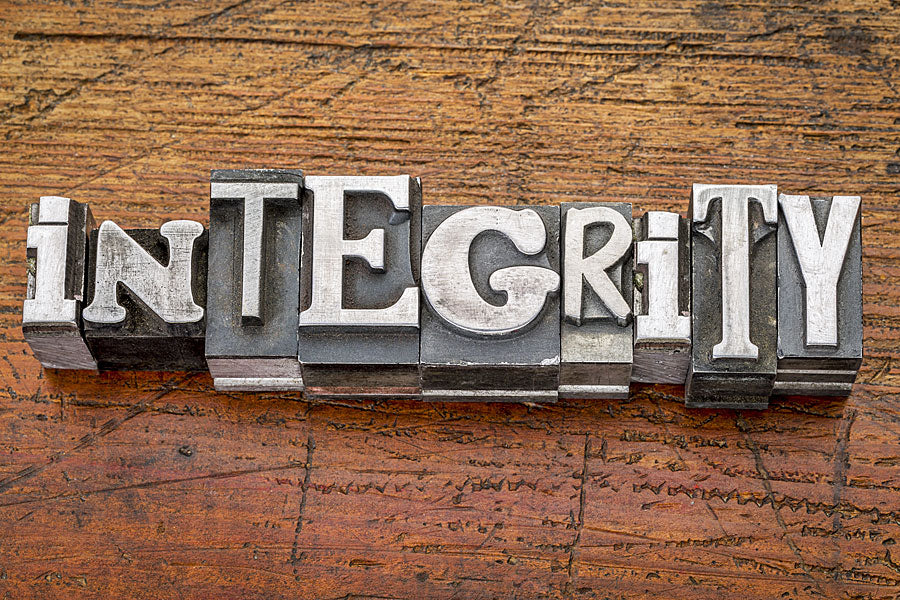Trusted for 24+ Years
Got Drunk & Did Or Said Something Hurtful? How To Apologize To Your Partner

Dr. Lisa Lawless, CEO of Holistic Wisdom
Clinical Psychotherapist: Relationship & Sexual Health Expert
 When Alcohol Is A Factor
When Alcohol Is A Factor
Apologizing to a partner after saying something hurtful under the influence of alcohol can be tricky because the behavior most likely would not have occurred while sober. Thus, the apology comes with an excuse. However, this excuse does not justify harmful behavior nor makes one less accountable for hurtful words or behavior.
Accountability
It is vital to acknowledge that what you said or did was hurtful and that you understand its impact on your partner. Indicate precisely why it was hurtful so that your partner can appreciate that you truly see the pain you have caused. Taking responsibility for your actions is essential.
It is also crucial that your apology be genuine and that you do not attempt to downplay what you said or did. Instead, communicate your regret and your willingness to make things right. A proper apology means being willing to take action through behavior, not just verbalize remorse.
Avoiding Manipulation
This means never repeating the same behavior. Apologies that come from repetitive behavior or not genuine apologies; rather, they are a form of manipulation. Therefore, when you apologize, mean it and do not repeat the same harmful behavior again.
If alcohol is a trigger, consider cutting back or avoiding it altogether. Being proactive about preventing similar incidents in the future shows that you're committed to your partner and willing to do the emotional and mental work of a successful relationship.
Listen To Your Partner
Allow your partner to speak freely about their feelings and how you have hurt them. Also, keep in mind this is an inappropriate time to bring up wounding that they may have caused you in the past. The focus should be on the subject at hand, and other issues can be addressed at another time.
Remember that apologizing and not being open to hearing your partner communicate their feelings is selfish. It means you are apologizing motivated by your need to be forgiven rather than truly atoning for your behavior. Doing this causes more damage to your relationship.
After allowing your partner to express their feelings, validate their emotions by showing empathy and compassion. This demonstrates that you genuinely care and are committed to repairing the damage caused.
Accept That You May Not Be Forgiven
Understand that seeking forgiveness does not entitle you to receive it, nor should you assume that your partner should forgive you just because you have apologized.
In addition, demanding that a person quickly overcome the pain you have inflicted is also unreasonable. If they require time to process their feelings to be willing to continue your relationship, it is vital to provide them with the space they need to do that. You made this bed, so you have to lie in it with all the consequences that come with it.
Approach an apology with empathy, understanding, and a willingness to take responsibility for your actions. Work toward making things right, even if that means giving them space.
REPAIR
An easy way to remember how to apologize is using the term REPAIR: remorse, empathy, perspective, accountability, investigating, and repetition.
-
Remorse
If your partner tells you that you hurt them while you were drunk, even if you don't remember, take responsibility and say you're sorry. This is the first step to making things right.
-
Empathy
Show that you understand how your partner felt because of what you did.
-
Perspective
Try to see things from your partner's point of view. Listen to what they have to say and don't get defensive. Ask what you can do to make things better.
-
Accountability
Take responsibility for yourself. Do you need to stop drinking or get help?
-
Investigating Steps Toward Healing
Think about why this happened and how you use alcohol. This can help you prevent similar situations in the future and learn more about yourself.
-
Repetition
Apologies aren't just a one-time thing. If you want to make things better, you need to keep checking in with your partner about your behavior and drinking. This will show that you're committed to making things right and earning their trust back.
In Closing
Apologizing to a partner requires a genuine approach. By providing empathy and taking responsibility for your actions, you can work toward repairing the damage caused and earning back your partner's trust.
For more helpful information, please see our Improving Relationships Guide.





